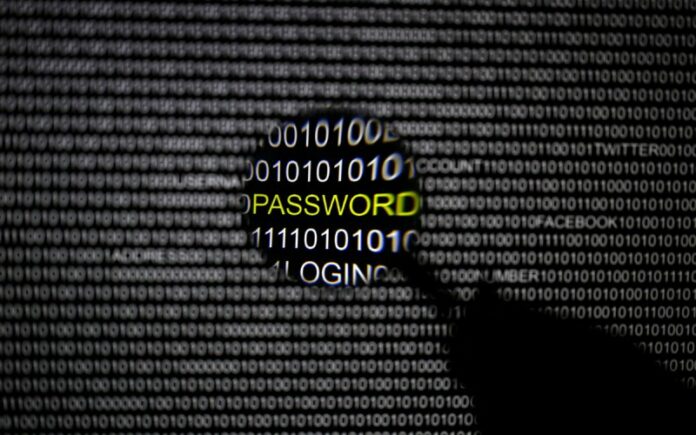Researchers have discovered that artificial intelligence possesses the capability to pilfer passwords through the analysis of keyboard sounds and strokes, according to recent findings.
The capacity to discern passwords extends beyond the mere auditory element; AI can also deduce the waveform, intensity, and timing of each keystroke, even pinpointing individualized typing patterns. This revelation emerged from experiments wherein smartphones were placed in proximity to MacBook Pro keyboards.
Furthermore, the researchers hailing from Durham University, University of Surrey, and University of London have highlighted that AI on smartphones near applications like Zoom, primarily those linked to videoconferencing, along with various off-the-shelf applications, can covertly monitor the act of users logging into their accounts and websites.
Interestingly, AI’s accuracy in detecting passwords via videoconferencing experiences a slight dip, performing with approximately 93% accuracy.
This vulnerability related to AI poses a more pervasive risk than people may realize, as the researchers emphasized. They noted that “the number of microphones within acoustic range of keyboards has increased and will likely continue to do so.”
To counteract the threat of AI-driven password theft, one strategic approach is to adopt password manager software, such as Windows Hello or Touch ID. These tools can generate, store, and incorporate robust passwords into the login process. This approach not only automates the management of passwords, alleviating the need to memorize them, but also eliminates the act of manually typing them, thus minimizing the risk of malicious AI intercepting them on a connected smartphone or other device.
Additionally, a prudent measure could involve distancing devices that possess audio or microphone functionality from computers and laptops utilized for account logins.
The researchers, however, did not address the scenario wherein AI malware infiltrates a laptop or computer directly, rather than operating from a separate smartphone situated in proximity to the targeted device.
Source: {Matzav.com}






